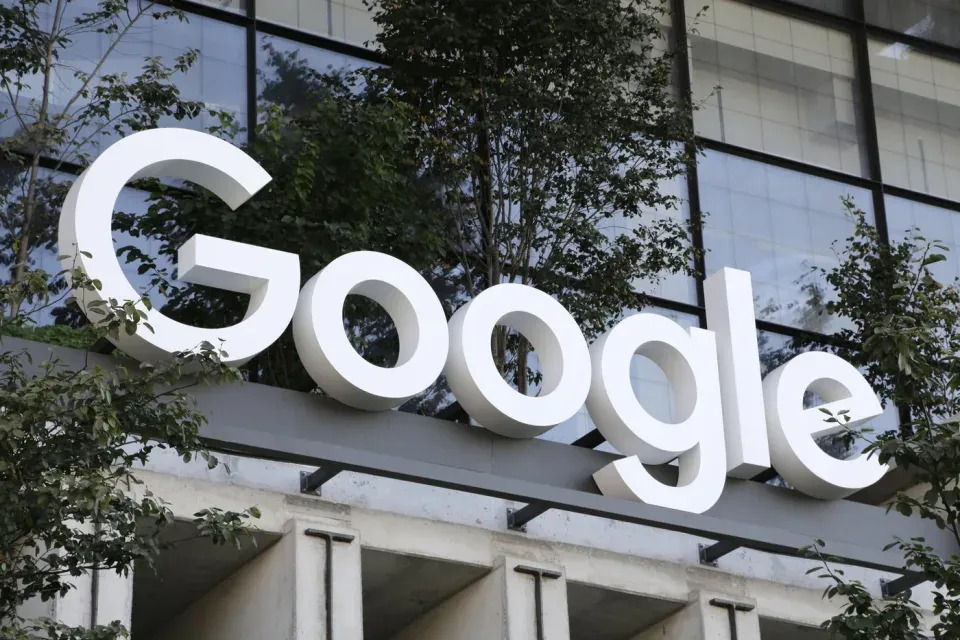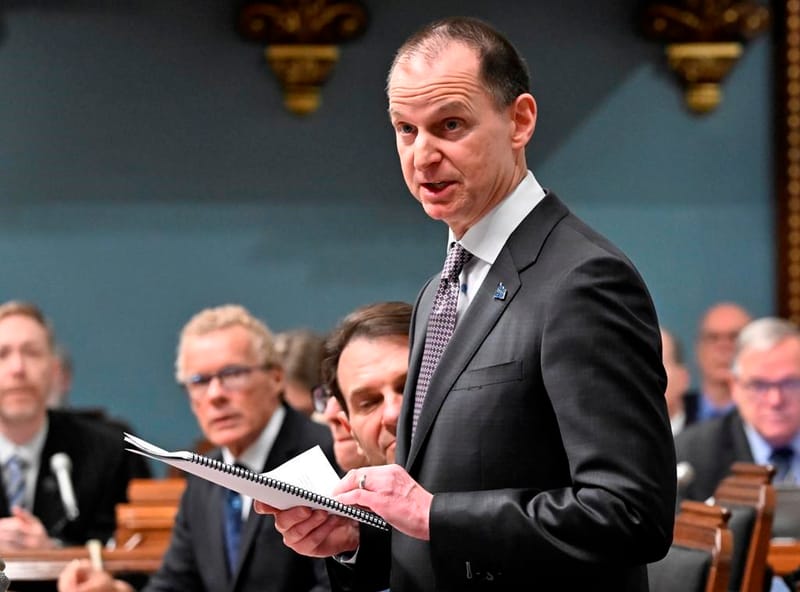Google agreed to pay millions for California news. Journalists call it a bad deal
The $250 million deal will fund two initiatives: journalism support and a new AI research program. The agreement guarantees funding for only five years. Approximately $110 million will come from Google, and $70 million from the state budget, to boost journalism jobs.

Google is set to provide California with millions of dollars to support local journalism jobs in a groundbreaking deal, but many journalists and media experts view it as a disappointing arrangement that primarily benefits the tech giant.
The agreement, announced this week after being negotiated behind closed doors, will channel tens of millions of public and private dollars into sustaining local news organizations. Critics argue that it’s a typical political move by tech giants to avoid paying a fee that could have been imposed by potentially landmark legislation. In exchange for Google’s financial commitment, California lawmakers agreed to abandon a bill that would have required tech companies to financially support the news outlets from which they profit.
Victor Pickard, a professor of media policy and political economy at the University of Pennsylvania, noted that by shelving the bill, California missed an opportunity to enforce ongoing payments from Google and social media platforms to publishers for linking to their content. He also pointed out that the state forfeited a significantly larger amount of funding that could have been secured under the legislation.
“Google got off easy,” Pickard remarked.
Google stated that the deal would benefit both journalism and the artificial intelligence sector in California. Kent Walker, Google’s president of global affairs and chief legal officer for its parent company Alphabet, said the partnership "builds on our long history of working with journalism and the local news ecosystem in our home state, while developing a national center of excellence on AI policy."
Across the U.S., state governments are striving to support struggling news organizations as the newspaper industry faces a prolonged decline, with traditional business models collapsing and advertising revenues dwindling in the digital era. As news outlets transition from print to digital, they increasingly rely on platforms like Google and Facebook to distribute content. However, while publishers have seen their advertising revenues plummet, Google’s search engine has become the centerpiece of a digital advertising empire generating over $200 billion annually.
The Los Angeles Times, for instance, was losing up to $40 million annually, which led to layoffs of over 100 employees earlier this year, according to the newspaper's owner. Since 2005, more than 2,500 newspapers have closed, and approximately 200 U.S. counties now lack any local news outlets, according to a report from Northwestern University’s Medill School of Journalism.
Some states, including California and New Mexico, are funding local news fellowship programs, while New York has implemented a tax credit program to help news outlets hire and retain journalists. Illinois is considering legislation similar to the one that was shelved in California.

Details of the Deal
The $250 million deal will fund two initiatives: journalism support and a new AI research program. The agreement guarantees funding for only five years. Approximately $110 million will come from Google, and $70 million from the state budget, to boost journalism jobs. The fund will be managed by UC Berkeley’s Graduate School of Journalism. Additionally, Google will contribute $70 million to the AI research program, which aims to develop tools to address “real-world problems,” according to Assemblymember Buffy Wicks, who brokered the deal.
Notably, the deal is not a tax, a significant departure from Wicks' original bill that proposed a “link tax,” which would have required companies like Google, Facebook, and Microsoft to pay a percentage of advertising revenue to media companies for linking to their content. The bill was modeled after a Canadian policy requiring Google to pay roughly $74 million annually to fund journalism.
Tech Companies' Motivation
Tech companies spent the past two years opposing Wicks’ bill, launching expensive campaigns and running ads against the legislation. In April, Google even threatened to temporarily block news websites from some California users' search results. Despite bipartisan support, the bill was ultimately shelved this week.
Wicks told The Associated Press that she saw no viable path forward for her bill and that the funding secured through the deal “is better than zero.”
“This represents politics as the art of the possible,” she said.
Industry experts view the deal as part of Google’s global strategy to avoid regulation. Anya Schiffrin, a Columbia University professor who studies global media, noted that Google employs various tactics to block bills that would require them to fairly compensate publishers. She estimated that Google owes $1.4 billion annually to California publishers, a claim Google disputes. A spokesperson for the company said news queries account for less than 2% of all searches, and Google doesn’t profit from them.
Opposition from Journalists and Labor Unions
The Media Guild of the West, a union representing journalists in Southern California, Arizona, and Texas, criticized the deal, stating that journalists were excluded from the negotiations. The union had supported Wicks' bill but was not involved in the talks with Google.
“The future of journalism should not be decided in backroom deals,” the union wrote in a letter to lawmakers. “The Legislature embarked on an effort to regulate monopolies and failed terribly. Now we question whether the state has done more harm than good.”
The union also argued that the agreement falls short of the funding Google provides to newsrooms in Canada and undermines the goal of rebalancing Google’s dominance over local news organizations. The inclusion of funding for AI tools in the deal raised further concerns, as some see it as a way for tech companies to eventually replace journalists. Wicks' original bill did not include AI provisions.
Despite the criticism, the deal has garnered support from some journalism groups, including the California News Publishers Association, Local Independent Online News Publishers, and California Black Media.
What’s Next?
The agreement is set to take effect next year, starting with $100 million to initiate the efforts. Wicks mentioned that details are still being finalized, and California Governor Gavin Newsom has pledged to include the journalism funding in his January budget. However, concerns from other Democratic leaders could complicate the plan.





